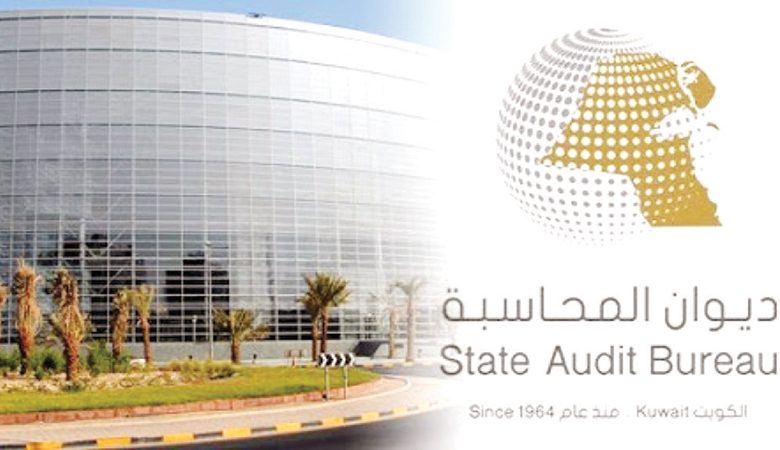Although we have moved beyond the peak of the COVID-19 pandemic, the Ministry of Health continues to grapple with financial and administrative violations that occurred during the crisis, as revealed in the reports of the Audit Bureau.
The annual report of the Bureau, detailing the outcomes of the ministries’ final accounts for the fiscal year (2022-2023), exposes irregularities in the disbursement of bonuses, financial compensation, salaries, and allowances to medical professionals and healthcare workers during the pandemic, reports Al-Seyassah daily.
Additionally, it highlights discrepancies in the allocation of guard allowances to doctors holding administrative roles, amounting to approximately 940,000 dinars, which contravened approved laws and regulations.
According to the Bureau’s report, the Ministry of Health combined the disbursement of compensation for overtime work to quarantine workers and rewards for front-line workers, despite Law No. (4) of 2021, which establishes the budget for ministries and government departments for the fiscal year (2020/2021), and its related restrictions. This action resulted in an improper expenditure of 543,923 dinars.
Furthermore, the Ministry disbursed “guardian allowances” and training bonuses to certain doctors and employees working in pharmaceutical and allied medical services, even though they were not part of the guard system and training programs within the Ministry.
This amounted to 144,900 dinars and violated Civil Service Council Resolutions No. (5) of 2010, which concerns salaries and allowances for Kuwaiti human doctors and dentists, and (30) of 2012, amending Civil Service Council Resolution No. (7) of 2003 related to jobs, allowances, and rewards for employees in pharmaceutical and supportive medical services.
In addition, the Ministry of Health allocated 250,020 dinars as training bonuses and guard allowances to individuals in administrative roles, contravening Civil Service Council Resolution No. (5) of 2010, which addresses the salaries and allowances of human doctors and dentists.
The Ministry also disbursed a permanent personal reward of 1,500 dinars to one of its employees for work during the pandemic, even though a front-line reward of 29,863 dinars had already been paid for the same reason.
This differential treatment in awarding monthly bonuses to the said employee, while not providing them to others who also worked during the pandemic, violates the Ministry of Finance’s Circular No. (5) of 2001, which relates to the Ministry of Finance’s decisions concerning addressing areas of wasteful government expenditure.

